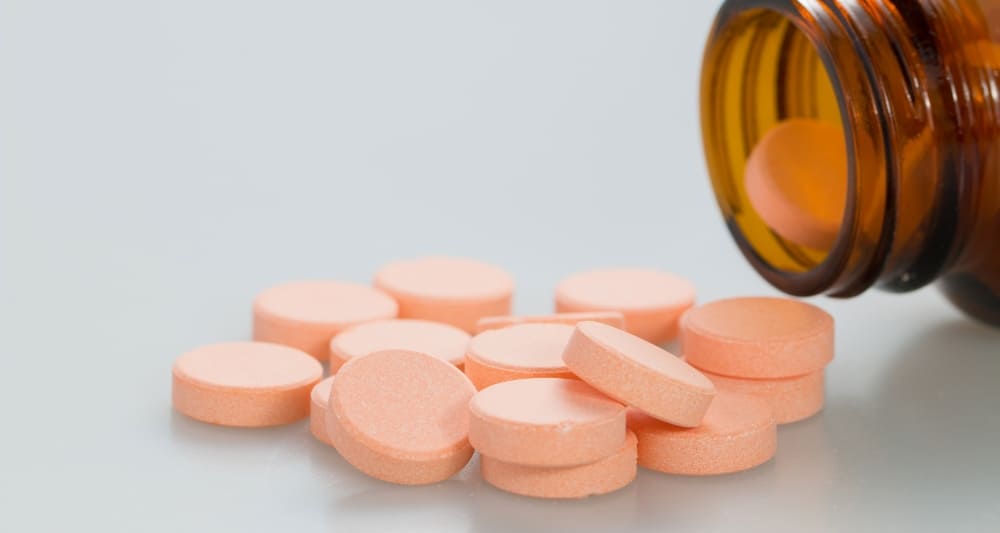المقالات
Tablets

Tablets are a popular choice for administering both medication and dietary supplements due to their precise dosing, stability, and ease of use. Known for their solid form, tablets encapsulate active ingredients in a way that enhances their shelf life and protects them from environmental factors like moisture and air, ensuring they maintain their potency over time. This makes tablets an ideal option for long-term storage and usage.
The construction of tablets often includes binders, fillers, and coatings which aid in the precise delivery of active ingredients. This precise dosing is crucial for effective management of chronic conditions and ensures consistent administration of the required therapeutic dose.
Additionally, tablets are convenient to transport and consume, usually requiring just a sip of water. Many are designed with scores to facilitate easy splitting into smaller doses—a helpful feature for dose adjustments or for individuals who struggle with swallowing larger tablets.
To cater to different therapeutic needs, tablets can be engineered with a variety of release mechanisms. Extended-release tablets, for example, gradually release their active ingredients, reducing the frequency of dosing and providing a sustained effect. Immediate-release tablets, on the other hand, dissolve quickly to deliver rapid relief.
Furthermore, some tablets are coated to either mask the taste of the ingredients or protect the active compounds from harsh stomach acids. Enteric coatings are particularly beneficial as they prevent tablets from dissolving in the stomach, instead releasing their contents in the intestines, which can minimize stomach irritation.
In conclusion, tablets offer a dependable, versatile, and accurate method for delivering medications and supplements. Their robust design, combined with the flexibility of dosing and release mechanisms, makes them a staple in healthcare settings for a broad range of health needs, from daily vitamins to prescription medications.
